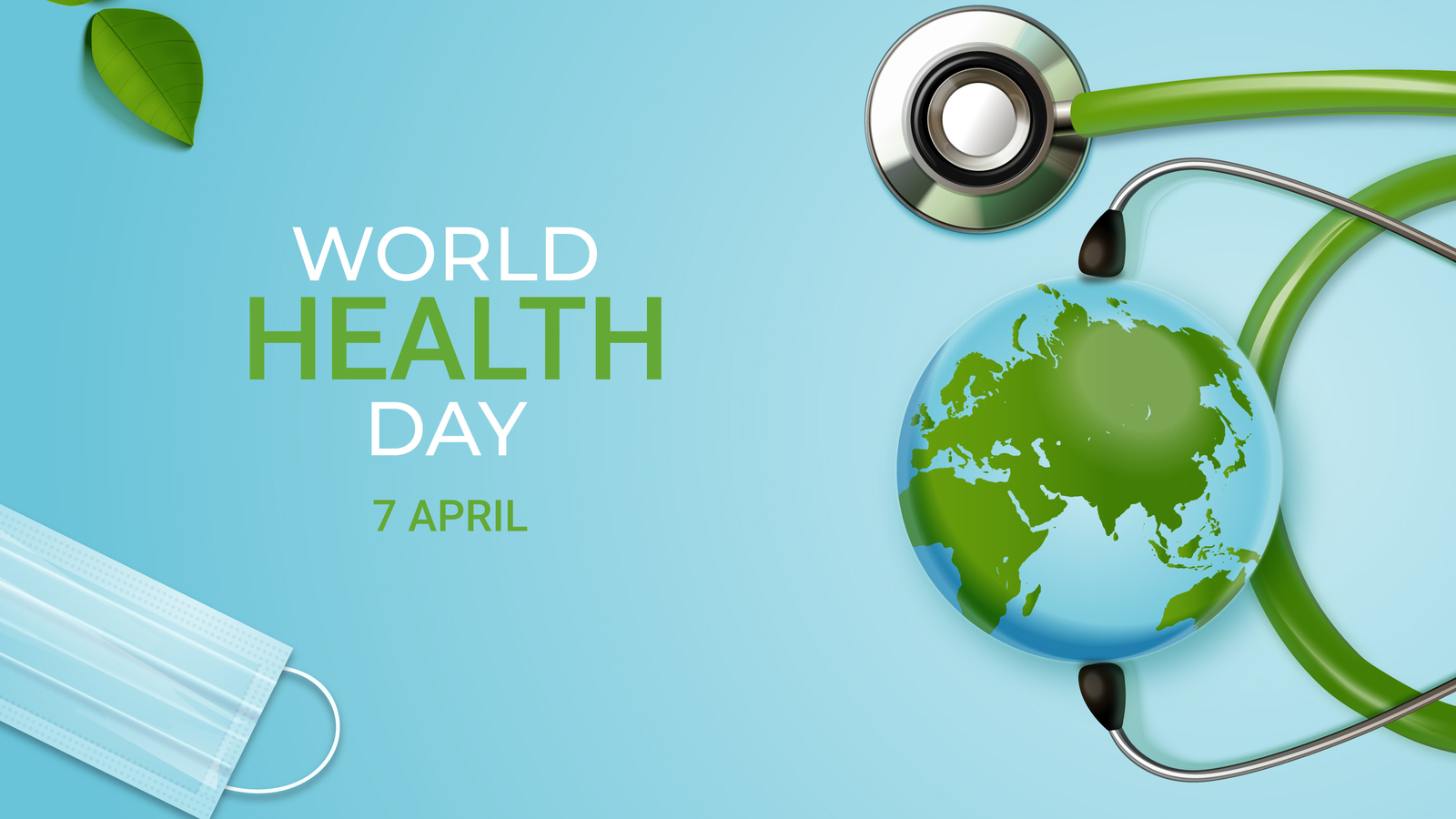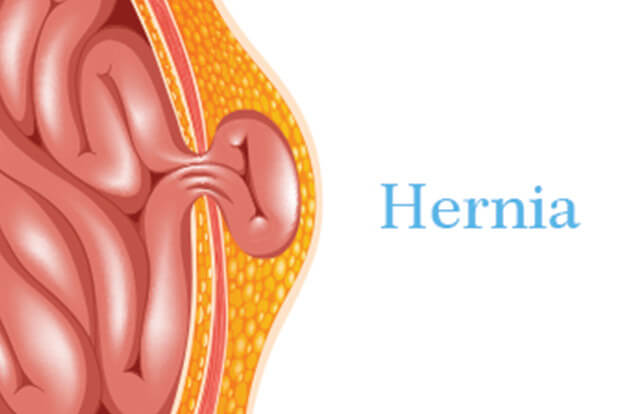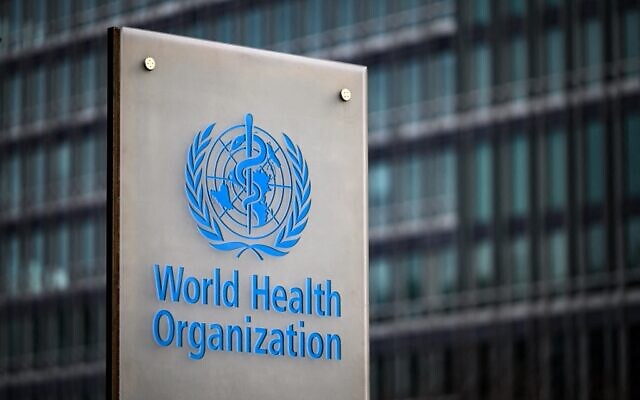Low salt intake may up heart failure risk: study
Tue 07 Mar 2017, 13:39:26

Health guidelines on salt intake recommend consumption levels that are too low and this may increase the risk of a fatal heart attack, researchers, led by one of Indian-origin, have warned.
According to current guidelines issued by the World Health Organisation, adults should consume less than five grams of salt a day.
However, researchers in Canada emphasised in the study that it was not enough and there is a need to increase the maximum salt intake guide, overturning conventional wisdom that says eating too much salt is a serious health risk."It is futile to target such low intakes and moreover, it may well be harmful. Studies show below three grammes of sodium per day increase mortality, heart attack and heart failure," Salim Yusuf, Professor at McMaster University in Canada, was quoted as
saying to express.co.uk.
saying to express.co.uk.
Reducing salt intake to overly low levels undermines the body's natural balance, Yusuf said.
The findings are detailed in a report published in the European Heart Journal by the joint working group of the World Heart Federation, the European Society of Hypertension and the European Public Health Association which also emphasised the potential dangers of lowering intake too much.
"Reaching sodium intake levels below 2.3 gm per day over a sustainable period of time is not feasible. There is no evidence that this is beneficial and there are concerns it could be harmful," the report said.
Instead an adult should take between 7.5 and 12.5 gm of salt a day, equivalent to three and five grammes of sodium, Yusuf elaborated.
No Comments For This Post, Be first to write a Comment.
Most viewed from Health
AIMIM News
Latest Urdu News
Most Viewed
May 26, 2020
Do you think Canada-India relations will improve under New PM Mark Carney?
Latest Videos View All
Like Us
Home
About Us
Advertise With Us
All Polls
Epaper Archives
Privacy Policy
Contact Us
Download Etemaad App
© 2025 Etemaad Daily News, All Rights Reserved.






























